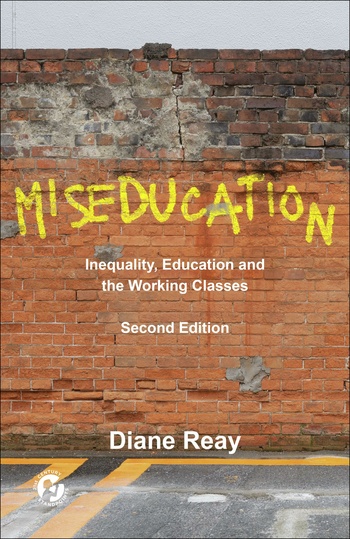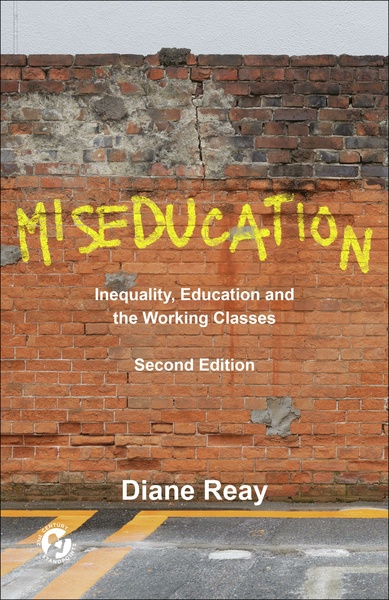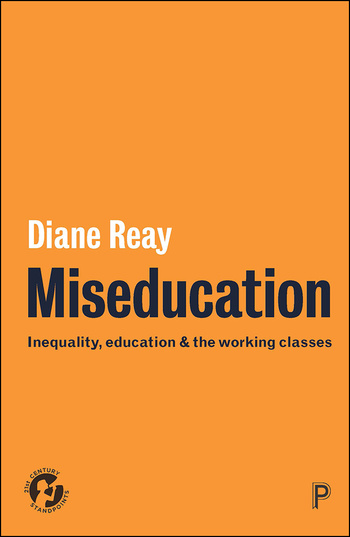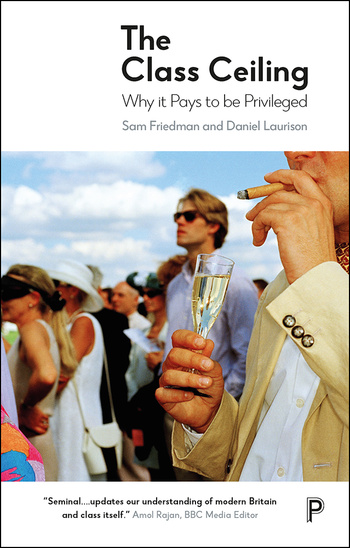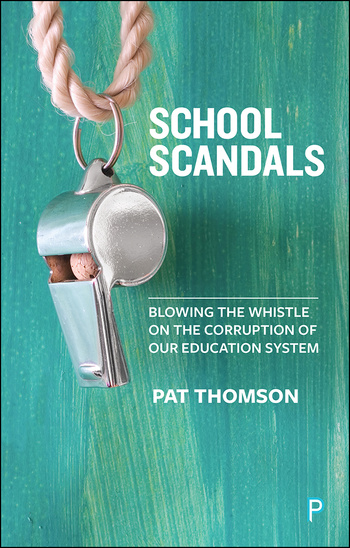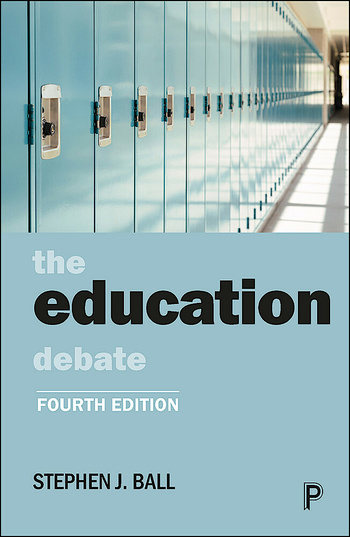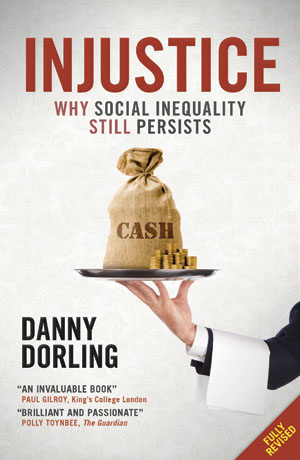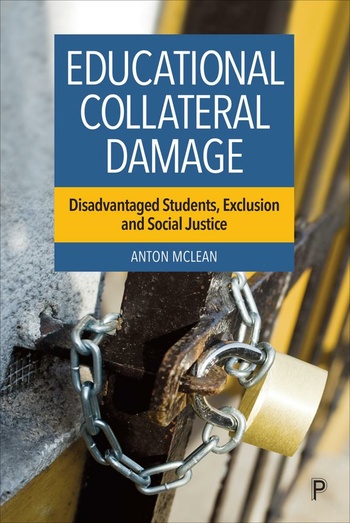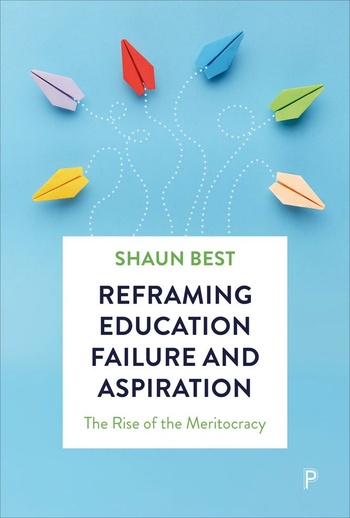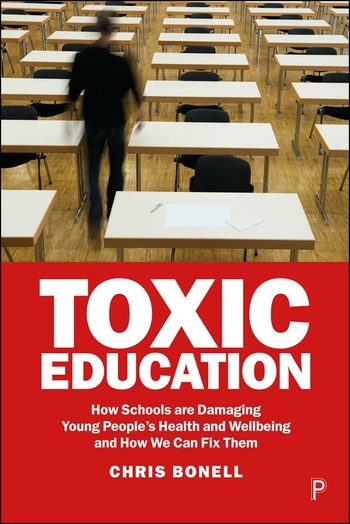Education is supposed to level the playing field, and yet for many working-class children, inequalities in the classroom in fact deepen the divide. Students from disadvantaged backgrounds are almost four times more likely to be excluded from school than their wealthier peers, and many are struggling in an educational environment increasingly concerned with discipline. In this substantially revised and updated edition of her bestselling book, Diane Reay, herself working class turned Cambridge professor, investigates why we educate social classes so differently.
Drawing on extensive interviews with working class children and young people, Miseducation offers a sharp critique of how class identity, social mobility, and entrenched inequalities shape educational outcomes. It also examines the increasing focus on control and discipline in UK schools and charts the impact of policies like academies on working-class students. In a new chapter, Reay draws lessons from educational systems around the world, while a second presents clear recommendations for creating a system that supports every child’s potential.
Insightful and thought-provoking, this book is essential reading for anyone invested in the future of education and social equity.









